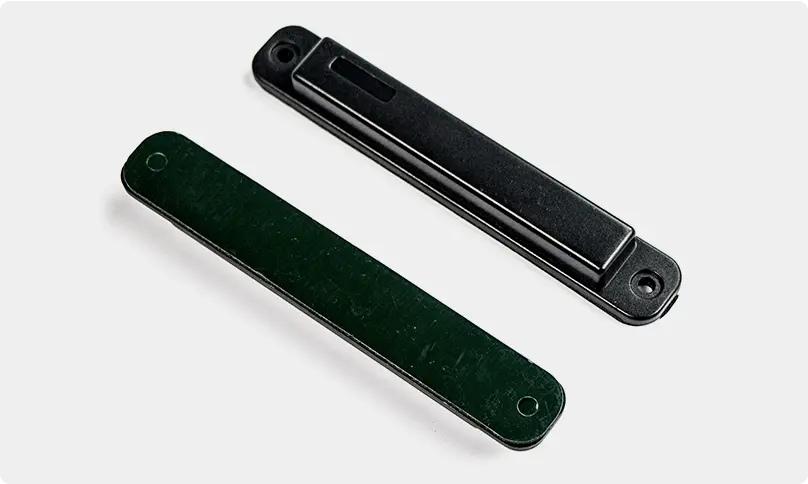How Can RFID Be Integrated In Transportation?

RFID technology is widely used for toll collection systems because it offers several advantages over traditional toll collection methods such as cash or manual ticketing. In RFID-based toll collection, a small electronic tag is placed on the windshield of the vehicle which communicates with the RFID reader installed at the toll gate.
Applications of RFID in Transportation

Automatic Vehicle Identification (AVI)
RFID tags can be installed in vehicles, while RFID readers are installed at toll gates to automatically identify vehicles and collect tolls or parking fees.
Vehicle Management
RFID tags can be used to track vehicles’ movements, activities and conditions, enabling operators to schedule tasks more efficiently.


Supply Chain Management
RFID tags can be attached to cargo containers or shipping goods to track their movements and monitor their condition during transportation.
Asset Tracking
RFID tags can be used to track valuable assets such as high-value items or equipment to reduce the risk of loss or theft.


Public Transportation
RFID-enabled tags or cards can be used as a contactless payment method in public transportation for payment and access control.
Procedure of RFID In Toll Collection

Tag Installation: The first step is to install an RFID tag on the windshield of the vehicle. The tag consists of a microchip and an antenna that transmit the vehicle’s unique identification number to the RFID reader. The tag is either active or passive. In an active tag, the power source is within the tag, and it continuously transmits its signal. In a passive tag, the tag receives the energy from the reader’s signal and sends the response signal back.
RFID Reader Installation: The RFID reader is installed at the toll plaza. It consists of an antenna, a reader module, and a communication interface. The antenna receives the signal from the tag and sends it to the reader module. The reader module then decodes the signal and sends it to the communication interface, which is connected to the toll management system.
Toll Management System: The toll management system is the central control unit of the toll collection process. It consists of a database of registered vehicles, toll fee rates, and payment processing methods. When the RFID reader receives the signal from the tag, it sends the vehicle’s identification number to the toll management system for verification.
Verification and Deduction of Toll Fee: The toll management system verifies the identification number against the registered database and deducts the appropriate toll fee from the user’s account. The toll fee can be deducted from a prepaid account, an electronic wallet, or a credit card.
Confirmation and Barrier Control: Once the toll fee is deducted from the user’s account, the toll management system sends a confirmation signal to the RFID reader. The RFID reader then activates the barrier to allow the vehicle to pass through the toll plaza.
Transaction Record: The toll management system also keeps a record of all the transactions for audit and billing purposes.
Benefits of Using RFID In Toll Collection
According to a study conducted by the National Cooperative Highway Research Program (NCHRP), RFID-based toll collection systems have reduced toll collection times by 50% to 75% compared to traditional toll collection methods.
Faster and More Efficient
The same NCHRP study found that RFID-based toll collection systems have an accuracy rate of over 99%, compared to 95% for traditional toll collection methods.
Increased Accuracy
According to a report by the Federal Highway Administration (FHWA), RFID-based toll collection systems have reduced labor costs by up to 60% compared to traditional toll collection methods.
Reduced Costs
A study conducted by the FHWA found that RFID-based toll collection systems have improved security by reducing incidents of toll fraud and unauthorized access to toll roads.
Enhanced Security
The NCHRP study found that RFID-based toll collection systems have enabled transportation agencies to collect data on traffic patterns, which has been used to improve traffic management and reduce congestion.
Improved Data Collection
Available RFID Tags For Transportation
Need more information? Contact us now!
.png)



